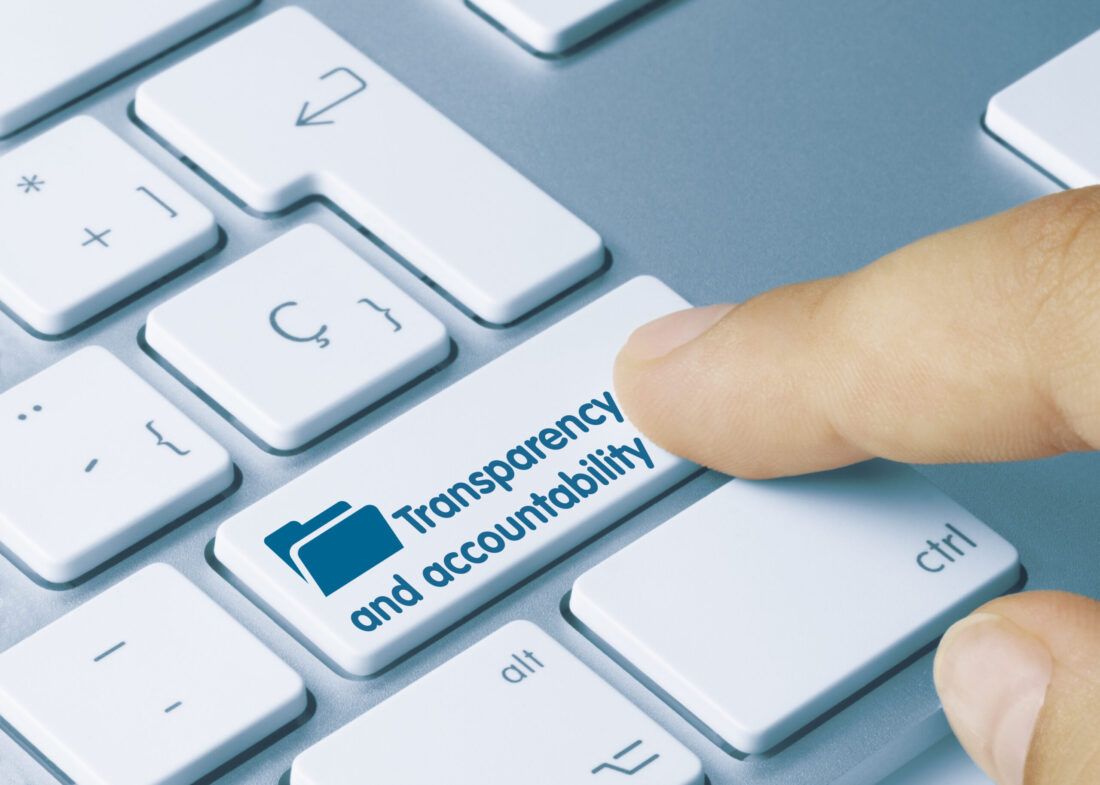Taxpayers won’t be overcharged to receive public documents in Kansas Open Records Act (KORA) requests any longer if House Bill 2599 becomes law.
The House Judiciary Committee discussed a reform of the Kansas Open Records Act to prohibit charges for electronic copies and determinations of whether a requested record exists, as well as a limitation on charges for employee time required to make records available.
Various media organizations, including The Sentinel’s parent company, Kansas Policy Institute (KPI), testified in support of House Bill 2599. It would limit the sometimes excessive costs charged by local governments, including cities, counties, and school districts, to provide documents for dissemination to the public.
The law allows public agencies to recoup actual costs of responding to KORA requests.
The KORA statute also says, “A fee for copies of public records which is equal to or less than $.25 per page shall be deemed a reasonable fee.”
Dave Trabert, CEO of KPI, testified that some local government units are charging more than the actual cost.
“The actual cost of printing one page is less than a nickel, however. Since fees cannot exceed actual costs and the cost of printing a page is only a nickel or less, it seems that the legislative intent of allowing $.25 per page would cover the cost of printing and employee time. However, some public agencies charge $.25 per page plus employee time.”
Trabert cited other instances of excess KORA charges, including:
- Charging hourly rates for highly compensated employees when the work can be performed by employees who are paid less.
- Charging hourly rates for administrative staff or outside attorneys to review information in addition to employee charges for gathering records.
- Imposing per-page charges for electronic copies, which cost nothing to send.
“They also charge for electronic copies; most people don’t get paper copies anymore. It doesn’t cost anything to send an email. It doesn’t cost anything to attach an electronic document to an email, and yet many local units of government are starting to charge per page for electronic copies. If you request a 50-page document, they want to charge for that, even though the cost was zero.”
Media overcharged for KORA requests
Rachel Schrag Sommerfeld, News Director of KSNW-TV in Wichita, recounted an incident when the station requested documents from prior investigations by the Kansas Department for Children and Families (DCF) surrounding the death of tw0-year-old Anthony Bunn. The agency charged $493 for 552 pages of documents, including 10 hours of labor at $38 per hour. When the station received the shipment, only 429 pages were included, and nearly half of them, 214 pages, were either blank or redacted. 40 pages were totally redacted. Schrag testified about the public’s right to know:

“Open records must be available to the public and to journalists. It’s a vital part of our process for ensuring our government is held accountable to the working people of Kansas. Excessive costs for KORA fees prevent individuals and journalists from being able to gain access to records that are meant to be open for a reason. Excessive fees are not uncommon in Kansas.”
Rep. John Carmichael, a Wichita Democrat, recounted his own experience requesting documents from government agencies and said journalists are not the only ones victimized by a lack of accountability and transparency by those serving the public:
“On the Evan Brewer (child death) case, DCF wanted to charge me a lot of money for records I needed for use in this very committee, and I never got all the records that I needed. The City of Wichita has charged me hundreds of dollars for records that were necessary to represent my constituents in connection with insider dealings at the Planning Department in Wichita. As I understand it, at least as of 10 years ago, the policy here (in the legislature) was if we used the legislative research service to request documents from state agencies, they could pay up to $25 to obtain documents, but the rest of it would be on the legislator who asked for the documents.”
One of the opponents of HB 2599 was Amanda Stanley of the City of Topeka:
“Records requests are getting exceedingly more complicated with significant amounts of time required to pull and review the records. This bill is contradictory. I don’t know how to make a record available if I don’t find it first and then review it. Review isn’t optional. There are mandatory things you cannot disclose in records. If I accidentally release someone’s Social Security Number, there are very real penalties. We think the law works as it is. I rarely have any push-back from reporters. It’s a give-and-take relationship because we try to make records accessible. I don’t think banning fees will make a solution better. There’s no incentive to narrow requests if it costs nothing to search for it.”
Jay Hall, Deputy Director of the Kansas Association of Counties, also spoke in opposition, warning of the implications of HB 2599 if it passed:
“Kansas is unique in that we are one of the states that allow anyone to request a record, regardless of whether they live in that particular city or county or even if they are not a resident of the state. So, that means an out-of-state entity could make a large records request that is burdensome on the state or local government. If this law is in place, that out-of-state entity would essentially pass those costs onto local taxpayers.”
If approved in committee, the bill would head to the House floor for consideration.


